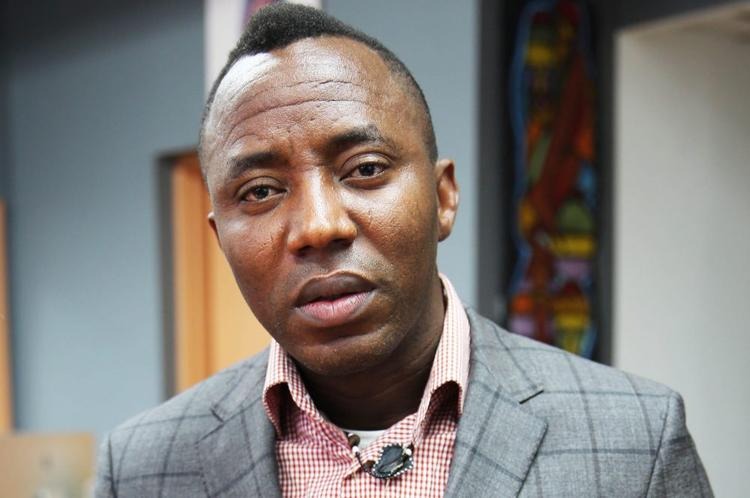Steve Coogan's 'Lost King' Scandal: Academic Payout and Film Justification!

Actor and producer Steve Coogan, along with his production company Baby Cow and Pathe Productions, has been compelled to pay a “substantial” amount in damages to academic Richard Taylor following a successful high court libel claim. The lawsuit stemmed from Coogan’s 2022 film, “The Lost King,” which chronicled amateur historian Philippa Langley’s pivotal role in the discovery of King Richard III’s remains in a Leicester car park in 2012. Mr. Taylor, who was formerly the deputy registrar of the University of Leicester during the discovery, argued that his portrayal in the film was defamatory, causing serious harm to his professional and personal reputation.
Richard Taylor claimed the film depicted him as a “devious,” “weasel-like,” “suited bean-counter” who was “smug, unduly dismissive and patronising.” He contended that the film made him appear to have “knowingly misrepresented facts to the media and the public” regarding the find, implying he sought to unjustly conceal Philippa Langley’s true role and take credit for himself and the university. The narrative, as presented in the film, showed Taylor as initially skeptical, then turning up at the dig with a film crew, and later sidelining Langley from press conferences set up by the university to announce the discovery.
His Honour Judge Lewis previously ruled that the film’s portrayal of Mr. Taylor indeed carried a defamatory meaning. The judge stated that Taylor’s character was depicted in a “negative light throughout the Film” and at no point was he shown in a positive or even neutral way. Judge Lewis found that the film made a “powerful comment about the claimant and the way he conducted himself when undertaking a senior professional role for a university,” and that his depicted behavior towards Ms. Langley was “contrary to common shared values of our society.” However, the judge rejected Taylor’s specific argument that a reasonable viewer would have concluded he was misogynistic or sexist, or that he equated Richard III’s physical deformity with wickedness.
Following the settlement, which includes a six-figure sum for damages and legal costs, the defendants also agreed to an onscreen clarification. This clarification will state that the portrayal of Taylor was “fictional” and “does not represent the actions of the real Mr. Taylor,” further noting that he “acted with integrity during the events portrayed.” Steve Coogan expressed that he would have “preferred” for a judge to rule on the case, but the settlement was reached partly due to Philippa Langley’s ill health preventing her from testifying. Coogan affirmed his pride in the film and maintained it was “Philippa Langley’s story,” crediting her with instigating the search and raising the majority of funds, stating, “If it wasn’t for Philippa Langley, Richard III would still be lying under a car park in Leicester.”
The University of Leicester, through a spokesperson, offered a contrasting perspective to the film’s narrative. They highlighted the university’s crucial role, stating they pledged the first major payment for the excavation, underwrote the dig, and covered the majority of excavation and all post-excavation costs. They emphasized that Philippa Langley was not sidelined and was part of the team interview panel for every press conference. The university also noted that the suggested whereabouts of the King’s remains was public knowledge prior to Langley’s intervention, though they recognized her as the “positive driving force.” They revealed that the film’s production team declined an offer to help establish factual accuracy and that Mr. Taylor’s portrayal in the film did not resemble the reality, with university records pointing to his engagement as “constructively, collegiately, fairly and professionally.”
Daniel Jennings, a defamation partner representing Mr. Taylor, commented on the significance of the win, stating, “Individuals often feel unable to speak up against large corporations and well-known personalities, but this win demonstrates that there is recourse when wrongs have been committed.” The case serves as a crucial warning for film and television productions that label themselves as “true accounts,” underscoring the legal imperative for accurate portrayal even when presenting a particular perspective. Mr. Taylor, now chief operating officer at Loughborough University, described the outcome as
You may also like...
Super Eagles Set Sights on AFCON 2025 Glory, Despite Doubts from Greek Champion

Super Eagles captain William Troost-Ekong aims for AFCON 2025 gold in Morocco, learning from past experiences and leadin...
NBA Rocked by Gambling Scandal: Players, Coaches, and League Grapple with 'Dire Risks'

The NBA is aggressively re-evaluating its stance on sports betting regulations and player protection following federal i...
Funding Frenzy in Tokyo: 'Filipinana' and 'Garuda' Make Waves at Gap-Financing Market

Two distinct cinematic ventures, Indonesian animated feature “Garuda: Dare to Dream” and Rafael Manuel’s debut live-acti...
Hollywood Shockwave: Paramount Skydance Axes 1,000 Employees Amidst Industry Upheaval

Paramount Skydance is set to cut approximately 1,000 jobs this week as part of a major cost-reduction initiative followi...
Music Meets Diplomacy: Shakira & The Weeknd Join Global Board with Star-Studded Lineup!

Shakira and The Weeknd have joined the FIFA Global Citizen Education Fund's Advisory Board, aiming to make education mor...
KPop Phenomenon: HUNTR/X's 'Golden' Dominates Global Charts for 13 Weeks!

HUNTR/X's "Golden" from <i>KPop Demon Hunters</i> reclaims the No. 1 spot on both Billboard Global 200 and Global Excl. ...
Must-Watch Horror Masterpiece (92% RT) Now Streaming For Free!

The critically acclaimed horror film 'Barbarian', boasting a 92% Rotten Tomatoes score, will soon be available for free ...
Major UK Airline, Serving 1.3 Million Annually, Faces Imminent Collapse!

Eastern Airways, a UK airline operating since 1997, is reportedly nearing administration after filing a notice of intent...




